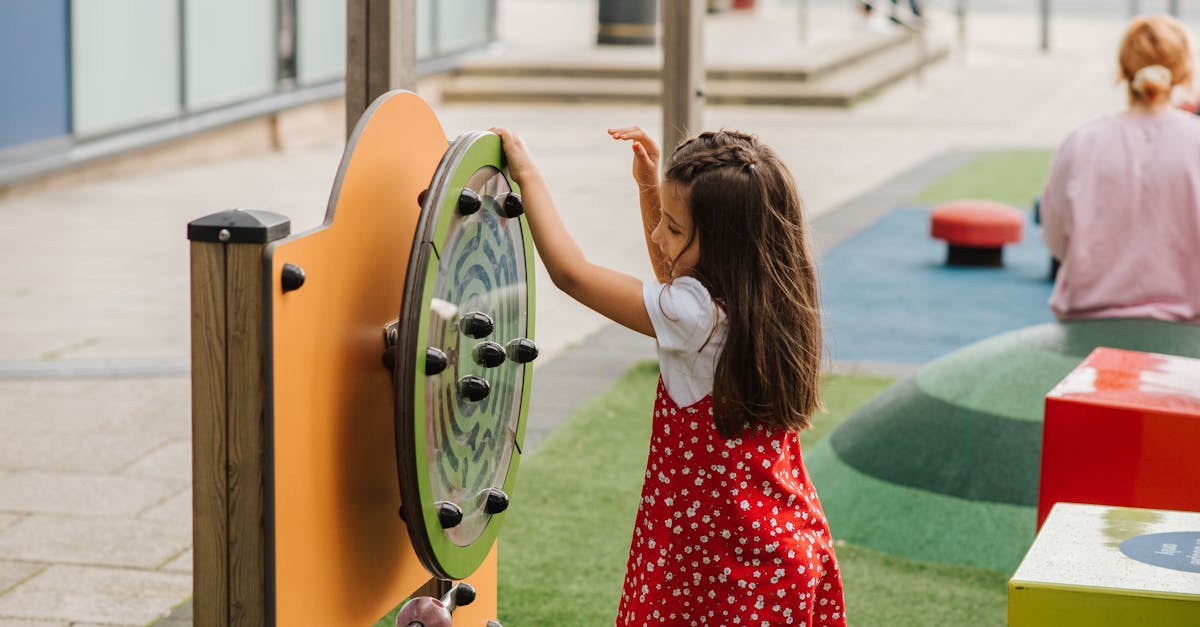Understanding Your Baby’s Temperament
First, let’s dive into understanding your baby’s temperament. Every baby has a unique personality, just like snowflakes. Some are easy-going and adaptable, while others are more sensitive or intense. Observing your baby’s reactions to different situations can give you clues about their temperament. This awareness can help you cater to their emotional needs more effectively.

Understanding your baby’s temperament is an essential part of parenting, as it allows you to respond to their needs in a way that suits them best. By being aware of their temperament, you can create a nurturing environment that supports their emotional development.
Tailoring Activities to Their Interest
Next up, let’s talk activities. Every infant has their own set of likes and dislikes. Tailoring activities to your baby’s interests can foster a more enjoyable playtime. For example, if your baby loves water, trying different water games could be a hit. But if they shrink at the sight of a pool, that’s your cue to pivot. It’s all about paying attention and adjusting as you go.

Key Takeaway: Adapting activities to suit your baby’s interests can enhance their playtime experience.
Addressing Separation Anxiety
Separation anxiety, anyone? This emotional challenge is common but can be tackled with a bit of patience. Gradually exposing your baby to short periods apart can ease anxiety. Start with a few minutes and gradually extend the time. Always reassure them with plenty of hugs and kisses when you return. Remember, consistency is key.

Encouraging Social Interaction
Now, let’s encourage some social interaction. Introducing your baby to other infants can be beneficial. Start with small playdates and slowly build up to bigger groups. It’s like dipping your toes before taking the plunge. Social interactions can boost their confidence and ease anxiety in new settings.

Establishing a Secure Sleeping Environment
A secure sleeping environment is crucial. Whether your baby prefers a quiet or slightly noisy room, tailor their sleeping conditions to their preferences.
Factors that contribute to a secure sleeping environment include:
- A cozy blanket
- Favorite stuffed animal
- Nightlight
These elements can make a world of difference in ensuring your baby feels safe and comfortable while sleeping.
Consistent sleep schedules are also vital for your baby’s emotional well-being. Establishing a routine can help regulate their sleep patterns and contribute to better overall rest.
Implementing Consistent Routines
Consistency is your best friend. Implementing consistent routines can help your baby know what to expect, reducing anxiety. This means feeding, playing, and sleeping at roughly the same times each day. Predictability can create a sense of security and comfort for your baby.

Seeking Professional Support When Needed
If you find yourself struggling, seeking professional support can be a lifesaver. Sometimes, despite our best efforts, we need a little extra help. Pediatricians and child psychologists can offer valuable advice and strategies. Don’t hesitate to reach out – getting support is a sign of strength, not weakness.

